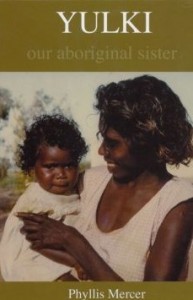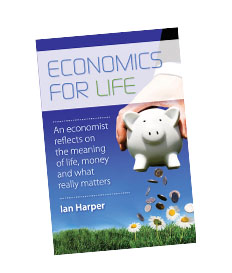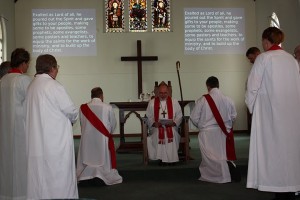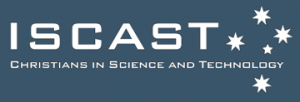My Easter message appears in Tasmania’s three major newspapers today, ‘Of cracked pots and Easter’:
Holidays are great.
To set your envy juices flowing, I have just had eight weeks of holidays. Can you forgive me for that? Forgiveness is a good Easter motive.
Eight weeks holidays and we went away just once: to Tasmazia, an iconic Tasmanian experience of mazes, lavender and the Village of Lower Crackpot.
I declare an interest: I am a member of Clan Crackpot. I wore my Crackpot tartan tie for the day, and am also the Bishop of Lower Crackpot. The Village Motto is ‘Fractis Sed Utilis’, which translates, ‘broken but still useful’, which a cracked pot is.
This motto holds belief, meaning. The village founders’ idea, ‘broken but still useful’, shaped their work and perseverance.
Ideas are important. Ideas shape behavior.
During my holiday I reread Viktor Frankl’s ‘Man’s Search for Meaning’ which relates his experiences as a Nazi concentration camp inmate. He concludes that holding a belief is what gives a person the strength to go on – even amongst suffering and death.
Ideas shape life. What we believe matters. Ideas have consequences. Ideas shape deeds.
Easter belief holds life-giving meaning.
The mutilated body on a cross of wood outside the city wall holds meaning. The idea that evil exists is shown to be real: just look at that cross!
Love exists. The person on the cross gave his life for the good of others, of us; hence, ‘Good Friday’.
The idea, the reality, of God who suffers with us and for us, gives meaning to life.
The empty tomb gives meaning: death is not the end. Jesus Christ has victory over death.
The life, death and resurrection of Jesus Christ give meaning to life.
In Christ we are ‘broken but still useful’, children of God walking in hope in a chaotic world.
May this resurrection hope bring meaning and renewed life this Easter.
Also, Easter message: Healing through forgiveness and The weekend that changed the world and Chocolate Easter Bunny with a Difference.



 (Article from
(Article from 